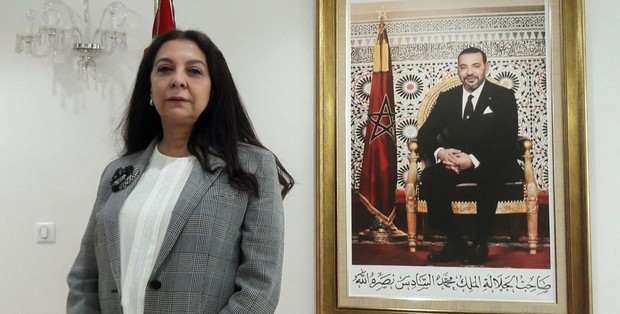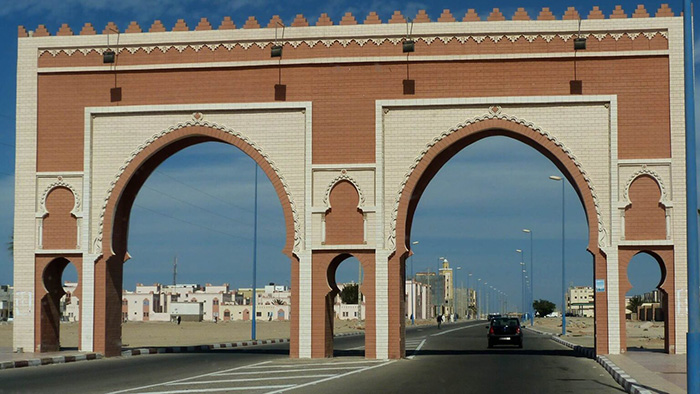The International Court of Justice (ICJ) held the first of two days of hearings in South Africa's genocide case against Israel over the war in the Gaza Strip, with politicians from around the world attending.
In The Hague, South Africa's legal delegation demanded an injunction by the top UN court for Israel to immediately halt its military action in Gaza, presenting legal evidence for three hours that Tel Aviv committed or failed to prevent genocide there during its onslaught since Oct. 7.
Jean-Luc Melenchon, a prominent left-wing figure in France, was one of the many politicians and lawyers from different countries who also attended the session, voicing their opinions on the case in a news conference outside the court.
"We are living the return of humanity," said Melenchon, a former lawmaker and the leader of the France Unbowed party, calling the hearing a historic moment that came after over three months of Israel's devastating campaign in Gaza, uprooting over 2 million and killing more than 23,400, according to health authorities in the enclave.
South Africa's lawsuit comes "in a time where we are plunged into a situation that everyone knows, which is abominable and above all which is shameful," he said, explaining: "It's shameful because the group of major countries which, at every opportunity, lectures the whole world and provokes sanctions, is silent now and lets it happen."
He noted that while the trial was likely to take some time, its significance was immense.
"After all, we have no other choice than this. If we do not want the law of the strongest, then we need the law," Melenchon said.
Praising the South African delegation's work, he said the legal team's case was based on proven and documented facts.
Melenchon, whose party has been one of the few to openly advocate Palestinians' rights in France, also hailed the South African government's initiative.
"Obviously, being one of the representatives of a country that has done nothing, I do not feel very proud of France at this moment because the Genocide Convention was also signed by France," he stressed.
Nevertheless, Melenchon struck a hopeful tone, arguing that what was important now was the continued existence of international law, even if imperfect.
"We can be at a place where there is an argument, a counterargument, a judgment that should be respected later," he said.
As a leading figure in French left-wing politics, Melenchon has argued that a guilty verdict by the ICJ would have far-reaching political and legal effects for all those who have supported Israel's campaign in Gaza.
He also described the current situation in the Gaza Strip as an "irreparable massacre," adding that much evidence had been documented and submitted to the court, including information on the number of deaths and the relentlessness of Israeli attacks.
Remaining hopeful that the truth will prevail, he said the court had already ruled on similar cases where there was also genocide, such as for Rohingya Muslims persecuted in Myanmar.
"And there are several cases that were cited in the magnificent pleadings that South Africa presented," he said.
"Non-alignment is not a position of comfort, because it is neither equidistance nor neutrality. It is the commitment to principles which are constant, whatever the protagonists," Melenchon added.
Moreover, he expressed that he shares the opinion of the lawyers who explicitly said that "whatever the situation and whether we are at peace or in war, nothing justifies genocide, ever, under any circumstances."
He asserted that all war crimes must be condemned and that countries must respect the agreements they sign.
"I consider today's court is a victory for humanity against the law of the strongest," he said.
Source: Anadolu






